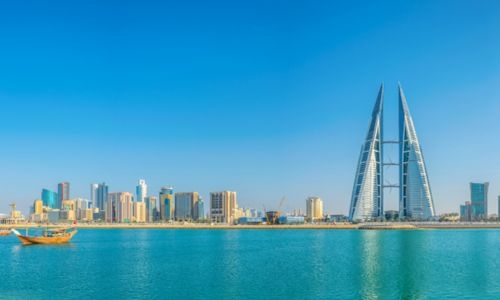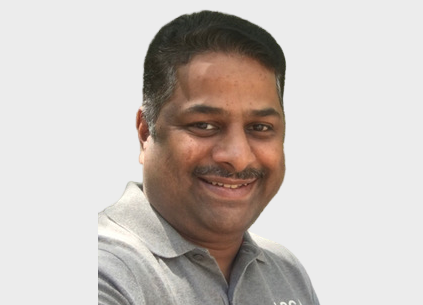Bahrain Needs Fortified Water Resources
BY KOTA SRIRAJ
Natural water resources are one of the first casualties of climate change as harsh temperatures, erratic rainfall patterns and dwindling groundwater table contribute to a steep dive in potable water availability.
This is a global problem as many nations are struggling to meet water needs of increasing population amid unpredictable climate conditions.
But the problem of depleting water resources is more pronounced in regions such as Middle East where soaring temperatures amplify climate change conditions.
In trying conditions such as these it is essential to think out of the box to augment the water resource availability. In this regard, Bahrain is an apt example of a nation that is constantly taking commendable initiatives in this direction.
One of such initiatives is the project to construct a cutting-edge seawater reverse osmosis (SWRO) desalination plant on Hawar Island by The Electricity and Water Authority (EWA) of Bahrain.
Named as the “New Hawar SWRO Desalination Plant,” this facility will be strategically located on the southeastern coast of Bahrain.
Designed to meet Bahrain’s growing water needs, the plant will have the capacity to produce between one and two million gallons per day (MIGD) of potable water.
It will feature an advanced desalination system, two ground storage tanks each with a one-million-gallon capacity, and the necessary forwarding pumps to ensure efficient distribution.
The project will be executed under an EPC (Engineering, Procurement, and Construction) contract. The New Hawar SWRO Desalination Plant is set to significantly bolster Bahrain’s water resources and support the Kingdom’s sustainable growth.
Going forward many more initiatives such as these will certainly change the narrative of Bahrain’s fight against adverse impacts of climate change. However, it is also crucial for the island nation to apply lateral techniques and take unique steps to bring about a water resource surplus condition.
This can truly address water resource related challenges brought about by worsening environmental conditions.
To add more momentum to the above efforts Bahrain can also implement advanced smart water management technologies, such as sensors, data analytics, and artificial intelligence, to optimise water use and reduce waste.
Smart water management can help detect leaks, monitor water quality, forecast water demand, and provide real-time feedback to the water authorities.
This can help enhance water conservation, reduce energy consumption, and increase resilience to water-related risks. In addition to this Bahrain can also utilise the concept of Blue Green Infrastructure to further strengthen its water resources.
Blue Green Infrastructure (BGI) refers to a network that provides the “ingredients” for solving urban and climatic challenges by building with nature.
BGI uses natural and engineered systems to manage water, such as wetlands, rain gardens, and green roofs.
BGI can capture and treat stormwater, reduce flooding and erosion, and enhance biodiversity and ecosystem services. BGI can also provide social and economic benefits, such as improving air quality, reducing urban heat island effects, and creating recreational spaces.
Bahrain can effectively address water scarcity issues by combining desalination plants with smart water management technologies and Blue Green Infrastructure network.
(The views and opinions expressed in this article are those of the author and do not necessarily reflect the official policy or position of the Daily Tribune)
KOTA SRIRAJ
Related Posts


